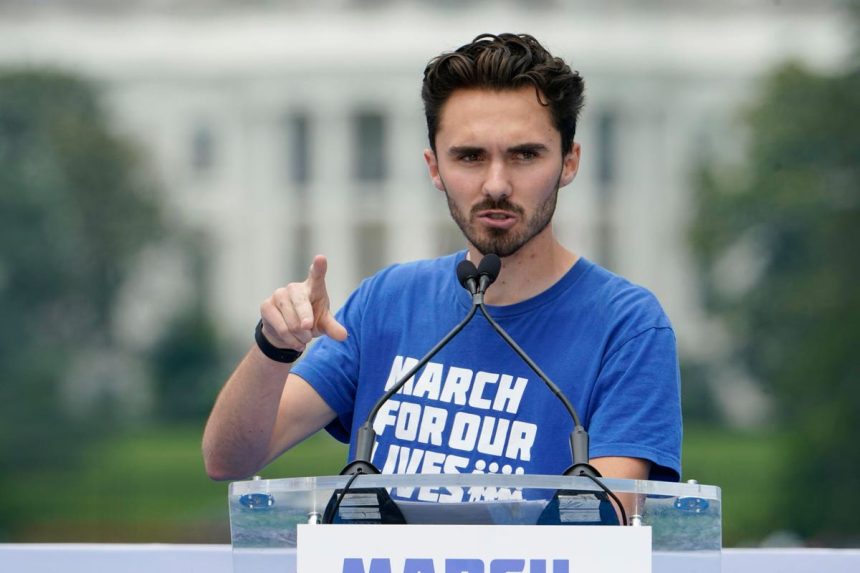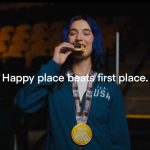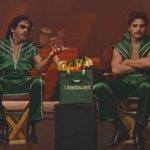If you want to learn more about your opponents, spend time with them.
Listen to what David Hogg, co-founder of March for Our Lives, said on Fresh Air about why he joined a gun club at Harvard. “I decided the only thing that I haven’t done at this point was learn as much as I can about guns and how to use them, operate them, clean them and fire them safely and responsibly.”
In February 2018, Hogg was a student at Marjorie Stoneham High School in Parkland, Florida, where 17 students and staff were killed. In the immediate aftermath of the shooting, he became one of the most visible and vocal students speaking out about gun violence. His visibility brought him national attention and unwelcome notoriety, including vile attacks from adversaries on social media as well as death threats against him and his family.
Be open to others
After joining the shooting club, Hogg said, “I talked with a lot of young people there who were actually pretty supportive of the work that I was doing, along with some people who obviously were not. Nobody’s going to be in agreement about everything.”
Be willing to listen. Hogg discovered something that many people who disagree find out about one another. “There’s a lot more agreement than disagreement out there, even with people who think that they’re completely against us.”
Be willing to engage. “We have to move beyond this binary of either you’re only talking about guns and how people access them or you’re only talking about mental health,” says Hogg. “We have to talk about both.”
Be willing to learn. Getting to the heart of the issue is more than shootings. “We do need to address how somebody gets a gun. … We need to talk about, why does somebody pick up a gun in the first place? We need to address the systemic poverty that drives gun violence,” says Hogg.
Learning what the other side thinks is essential for personal and organizational growth. It is too easy to retreat to our corners, safe with our opinions bolstered with the same beliefs held by others. And, of course, those against your views are doing the same. There is open ground to communicate, but we hold ourselves back.
Taking care of self, too.
Hogg closed his interview with a story about an experience he and his colleagues experienced after a march around Uvalde, marking the first anniversary of the shooting at Ross Elementary School, where 19 students and two teachers were slain. The march was exhausting not merely from the 100-degree heat but because it triggered PTSD symptoms so many felt from experiencing prior school shootings. Hogg told his team to head out of town to look at the stars, which they did for a couple of hours.
“I used to tell myself that things like [stargazing] would be really dumb to do because they are so unnecessary and not efficient,” Hogg says. “But I realized that those moments are some of the most important in the work, because we have to sustain ourselves and make sure that we aren’t just constantly exposing ourselves to the horrors of gun violence and its aftermath.”
Be kind to yourself before you can be generous to others. “We can have friends in this work,” says Hogg. “We can make a movement that is joyful and hopeful and not just sad and depressed constantly.”
Read the full article here








